Practices and critiques of international humanitarian law
The development of contemporary humanitarian action has historically been associated with international humanitarian law. Viewed as a framework and scope for humanitarian action by certain players and as ambiguous (necro)ethics to be used as a political resource whenever necessary by others, humanitarian law has played a pivotal role in various controversies roiling MSF and the aid community. The studies contained in this volume explore these controversies, delving into the relationships between humanitarian organisations, international criminal justice, the right to intervene, the law-making process and the various ways the law is used.
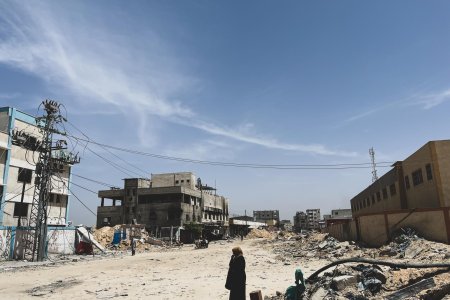 Ben Milpas
Opinion
Ben Milpas
Opinion
Gaza reading list 2, February - June 2024
07/01/2024This reading list gathers articles and videos published between February and June 2024.
 Interview
Interview
Thinking on and beyond the concept of de-westernization
10/16/2023This interview by Didier Billion and Marc Verzeroli was originally published in the Revue internationale et stratégique. To examine the concept of de-westernization, Rony Brauman describes the current state of international relations, marked by fluid alliances and new power relationships. He states and details his reservations about whether universal values truly exist and how the international criminal justice system functions.
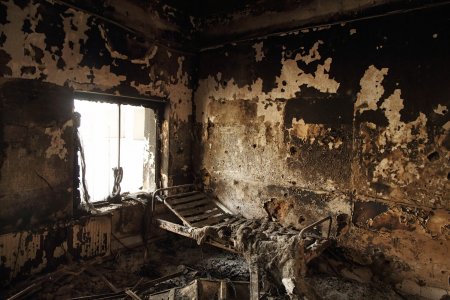 Andrew Quilty
Op-ed
Andrew Quilty
Op-ed
Julian Assange, or the vengeance of States
Concerned about the fate of these two whistleblowers, particularly the founder of Wikileaks, Jean-Hervé Bradol and Rony Brauman, former presidents of Doctors Without Borders, demand that he receive treatment.
Consultations on asylum and immigration bill: MSF denounces ‘‘a fool’s game”
01/12/2018Abstaining from participation in a meeting taking place this coming Thursday, MSF feels that "government officials have listened politely at best and shown condescension and contempt at worst in response to positions expressed in meetings, op-ed pieces published in the press and questions asked in meetings by NGOs" and do not hide "a policy that is sliding into harsh repression".
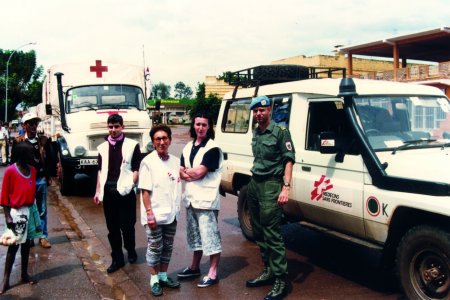 Xavier Lassalle
Op-ed
Xavier Lassalle
Op-ed
Dictators’ Democratic Friends
10/27/2017This op-ed article was published on 27 October 2017 in the French weekly Marianne. He writes it in the backdrop of a controversy around a "Que Sais-Je" book on Rwanda published by the Belgian researcher, Filip Reyntjens and the accusations against him that he rewrites history and seeks to minor the genocide of the Tutsis in 1994.
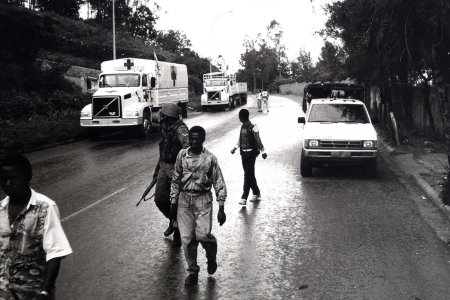 Xavier Lassalle
Opinion
Xavier Lassalle
Opinion
Writing About Rwanda: President Kagame’s Fellow Travellers
10/23/2017How can anyone write about Rwanda without being called a denialist? Marc Le Pape tries to craft an answer in this article, published on the website The Conversation on 19 October 2017.
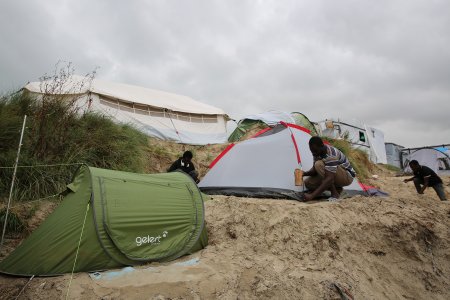 Mohammad Ghannam
Op-ed
Mohammad Ghannam
Op-ed
Calais has become a cage in a jungle
06/17/2017In this post, published in Border Criminologies, Michaël Neuman and Corinne Torre speak out against the inhuman conditions imposed on migrants and refugees in Calais by the French state. This piece was originally published in French in Le Monde.
The Calais “jungle” today: France’s shame
12/05/2015This article was originally published in French in Slate Magazine on 4 December 2015, accessible here. The article was translated into English by Teresa Piacentini for the University of Glasgow GramNet blog.
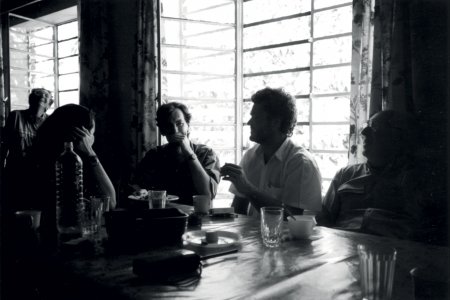 Xavier Lassalle
Opinion
Xavier Lassalle
Opinion
Against the memorial laws
03/09/2012Considering that the United Nations juridictions officially recognises six genocides, Rony Brauman considers unjustifiable the fact that the French Parliament only recognises . The only alternative is to recognise all of them or none.
